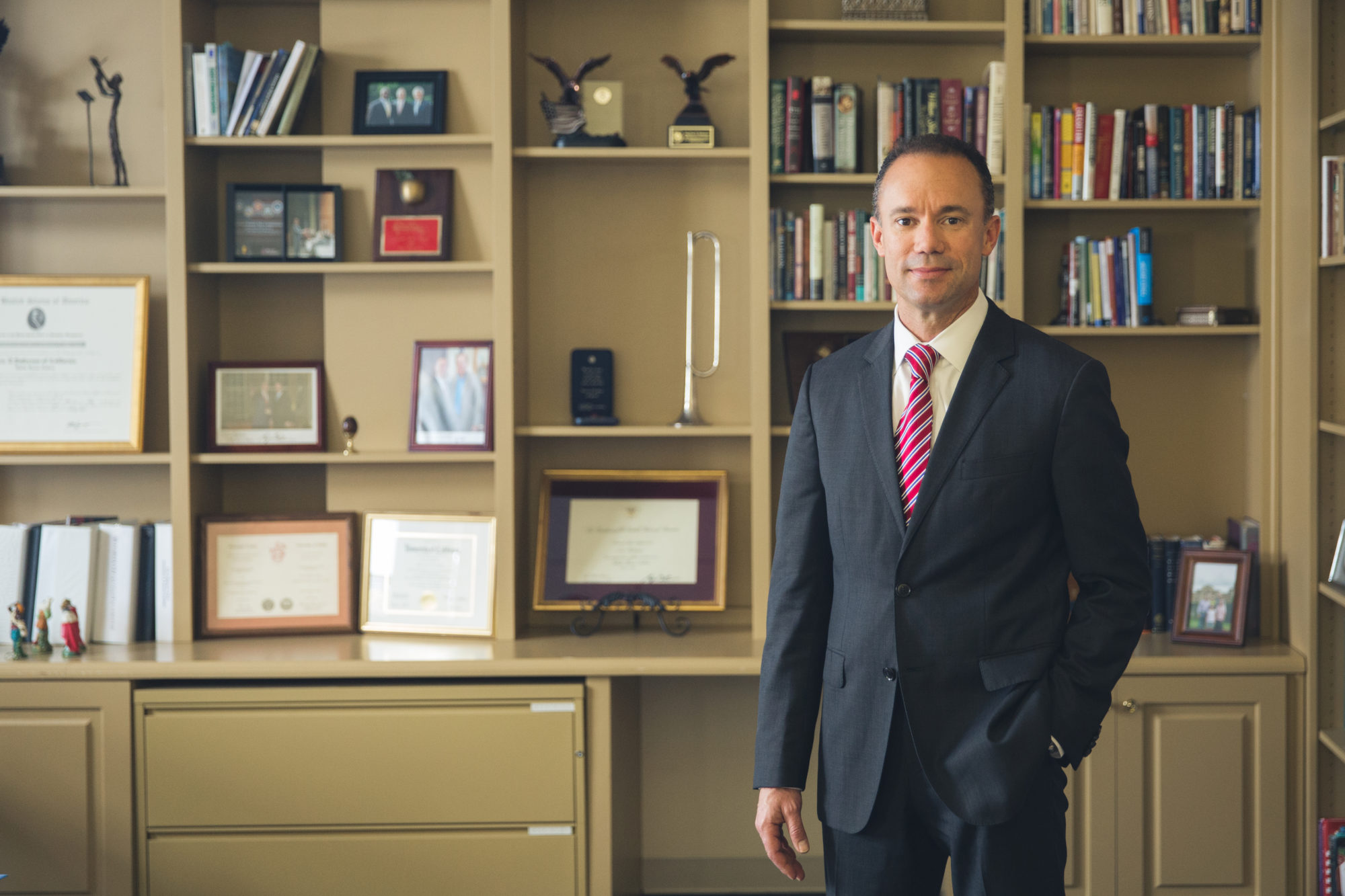Are aggressive populism and nationalism threats to European security? Last week I attended memorial services in Paris commemorating the end of World War I, as well as events at Paris Institute of Political Studies (Sciences Po) and the French Ministry of Defense that looked at these issues in contemporary Europe. Few in the US have noticed that France’s 2017 Defense and National Security Strategic Review worries about the “deconstruction” of “the European security architecture” and “a surge in populism and domestic protests.”[1] Europeans worry that trends may lead us back to the chauvinistic militarism that caused World War I and the insecurity that continued into the 1920s.
One of the reasons this matters to Providence readers is that the Sciences Po conference focused on the intersection of religion and populist leaders. The basic idea, which I wrote about in my 2012 book Politics in a Religious World: Toward a Religiously Literate U.S. Foreign Policy, is that political entrepreneurs may use religious symbols and religio-cultural identities to mobilize the public. In other words, it is the instrumentalization of religion: the secular appropriation of religious motifs devoid of spiritual, doctrinal, or transcendent content.
A notorious example of this from the 1990s was the use by Serbian nationalists of the “three-fingered salute.” One often sees in historic Christian art the use of a three-fingered hand gesture for blessing, emphasizing the Trinity. During the twentieth century, this gesture became emblematic for Serbian nationalists as a symbol of their Orthodox heritage, particularly in distinction to their bitter rivals during much of the century, Croatian Catholics. We saw crowds mobilizing for Serbian nationalism in the early 1990s with their three-fingered salutes raised high as secular politicians—many of whom were old Communist Party apparatchiks—bellowed about Greater Serbia, the glorious history of the Serbs, the terrible loss to the Muslims at the Battle of Kosovo in 1389, the link of Croats to the Nazis during World War II, and the like.
So, religious symbols (places, emblems, hymns, colors) and religio-cultural identity (as in Northern Ireland or Lebanon) can be used by political entrepreneurs for a secular purpose: to mobilize citizens to their political agenda. Where is this happening today?
Unfortunately, many scholars focus on small, right-leaning parties in Europe as “populist” and “nationalist” because those parties advocate strong borders and focus on national security interests, and because many of the scholars themselves are sympathetic to the Left and are thus critical of the political Right. Clearly, some within those right-leaning parties are racist, but that does not explain the surge of nationalist sentiment in many places. Europe, at present, is in the midst of deep soul-searching and division over what it means to be European, how to define threats to security (most notably Islamist terrorism), and what to do with the wave of Muslim migrants that have come to Europe from the Levant and Sahel. For the last two years, citizens have overwhelmingly said, via the Eurobarometer survey, that they are most concerned about the twin security issues of terrorism and migration.
A careful appraisal of Europe, and North America, does not indicate a surge of religion-themed populism. Plenty of right-leaning candidates and parties have won, and many do argue for a privileged place for their historical culture, language, and values against Islamism and Brussels-mandated multiculturalism. But that does not mean that such is a threat to European security at present.
However, there are at least two very powerful nationalisms in Europe that are chauvinistic, appropriate religious institutions and identities, and are led by powerful leaders: Russian and Turkish. Vladimir Putin has advanced a Russian nationalism, a pan-Orthodox political identity, and claimed to represent traditional European-Christian values against the decadence of Hollywood and the specter of violent Islamism. He has acted boldly in the Crimea, has the support of the Orthodox Church for fighting a “holy war” (or “blessed struggle”) in Syria against jihadists, and has assiduously linked the present to Russia’s authoritarian, Orthodox, great power heritage.
In Turkey, the Justice and Development Party (AKP) started as a conservative, but not reactionary, political party with strong religious bona fides. A decade ago it was unclear how well the AKP would govern, but Recep Tayyip Erdogan and his allies have cemented their power, advanced a Turkish national agenda at odds with NATO and European concerns, repressed their enemies, and justified it all under the banner of a modern Turkish-Muslim identity that has far more to do with power politics than religious practice.
Of course, there is another religious threat in Europe, and that is how governments should handle not only violent jihadis, but religious people who advocate for the overthrow of European institutions, religious freedom, and human rights. This is the Londonistan problem: the West values religious freedom and, especially in the US, we champion it for people of all faiths. But religious arguments that justify violence against others, mobilize young men to violence, defame other religions, and reject the political assimilation of social groups continue to be a national security problem for Europe.
—
Eric Patterson is a professor at and the former dean of the Robertson School of Government at Regent University.
Photo Credit: Vladimir Putin and Recep Tayyip Erdogan at news conference following a meeting of High-Level Russian-Turkish Cooperation Council in December 2012. By Kremlin.
[1] Page 19 of DNSSR, see I.3.20.







 Sponsor a student for Christianity & National Security 2024
Sponsor a student for Christianity & National Security 2024